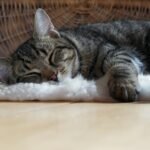Have you ever wondered what really goes on in your cat’s mind when you forget to toss that feather toy or wiggle the string? It’s easy to assume that indoor cats live the dream—food on demand, cozy napping spots, and no dangerous streets. But there’s a hidden truth most cat owners overlook: playtime isn’t just a luxury for your feline friend, it’s a lifeline. If you never play with your indoor cat, the consequences ripple through their body, mind, and even your relationship. Let’s unravel what truly happens when the games stop and boredom quietly takes over.
The Disappearing Spark: Loss of Natural Instincts

A cat’s hunting instinct is strong, even if your feline has never set a paw outside. Without play, this natural drive slowly fades. Chasing, pouncing, and stalking are more than just cute antics; they’re hardwired needs. When indoor cats never get to practice these behaviors, their instincts dull over time. Imagine a pianist who never touches the keys—skills wither away. Your cat might start to seem disengaged, less alert, and even a little lost. Over time, this can sap their confidence and leave them feeling unfulfilled. It’s a quiet, invisible loss that’s easy to miss, but it changes who your cat is at their core.
Boredom Sets In: The Silent Agony

Boredom might sound harmless, but for cats, it’s a sneaky form of suffering. Left with nothing to do, your indoor cat can become listless and lethargic. You might notice more sleeping, less curiosity, and a general air of restlessness. Sometimes, they’ll stare out the window for hours, longing for stimulation. Think of it like being stuck in a room with nothing but blank walls and silence—day after day. Over time, boredom can erode their happiness, and you might even see them lose their playful spark altogether.
Weight Gain and Laziness: The Health Hazards

No play means less movement, and less movement often means extra pounds. Indoor cats are prone to obesity when they don’t get opportunities to run, jump, and pounce. It’s not just about looks—extra weight can lead to serious health issues like diabetes, joint pain, and heart problems. The lack of activity also makes cats sluggish. You might notice your cat sleeping even more than usual and showing less interest in exploring their environment. Over time, this creates a vicious cycle: the heavier they get, the less they want to move, and the problem only gets worse.
Destructive Behaviors: Acting Out for Attention

When cats don’t get enough play, they often look for other ways to burn off energy and frustration. This can mean shredded curtains, scratched furniture, or midnight zoomies that sound like a herd of elephants. These behaviors aren’t just mischief—they’re cries for help. Your cat is telling you, “I’m bored and I need something to do!” Sometimes, they’ll even develop annoying habits like knocking things off shelves or meowing incessantly. It’s their way of demanding the stimulation they’re missing.
Emotional Withdrawal: The Lonely Cat Syndrome
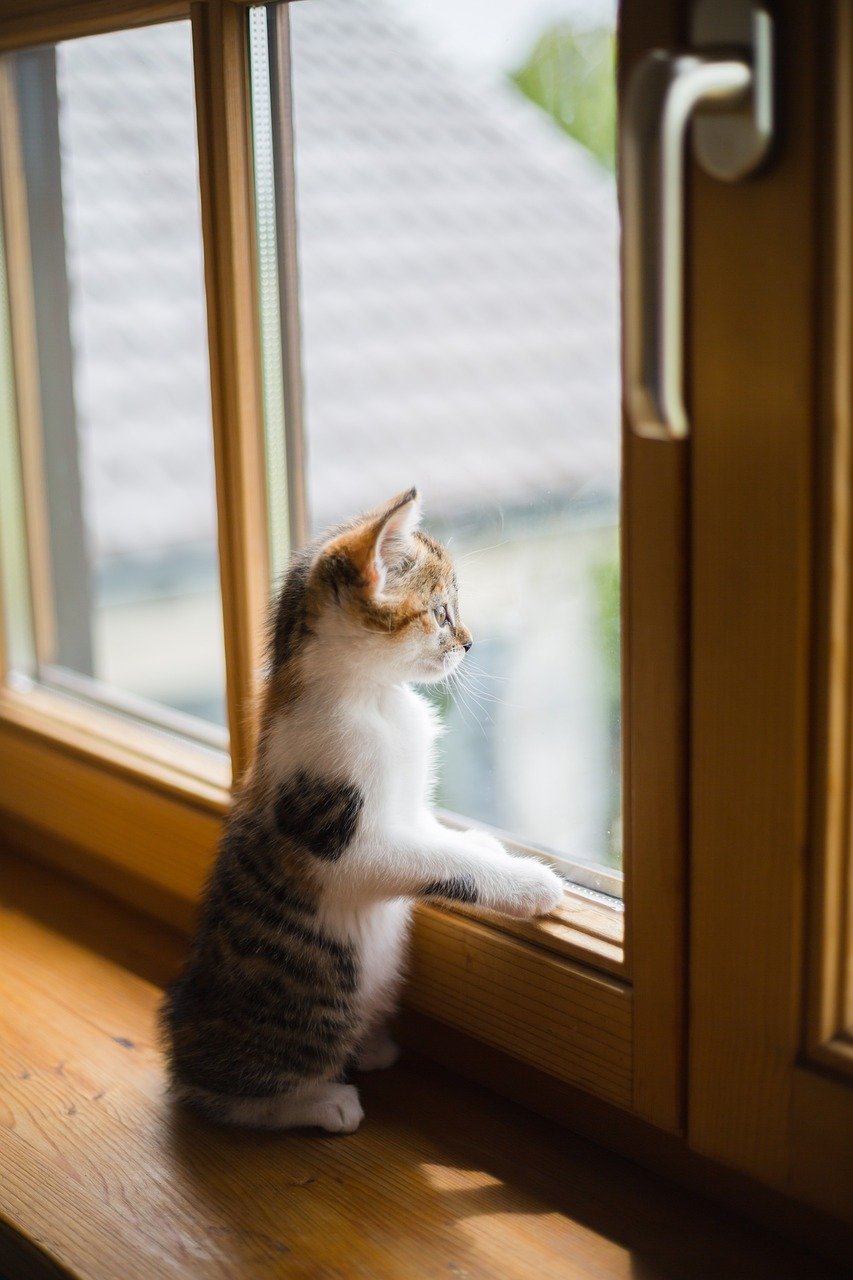
Cats are often seen as independent, but they crave connection just like any other pet. A lack of play can make them withdraw emotionally. You might notice your cat hiding more, avoiding eye contact, or seeming less interested in interacting with you. This isn’t just shyness—it’s a sign that your cat is becoming emotionally distant. When play disappears, so does a vital part of your bond. It’s almost like a friend who stops returning your calls—slowly, the closeness fades.
Increased Stress and Anxiety Levels

Play isn’t just fun; it’s a powerful stress reliever for cats. Without it, stress and anxiety can quietly build. You might see your cat grooming excessively, hiding, or acting jumpy. Everyday noises or changes can suddenly seem overwhelming. In some cats, stress can even lead to medical issues like bladder problems or digestive troubles. That stress has nowhere to go without the healthy outlet that playtime provides.
Decline in Cognitive Function
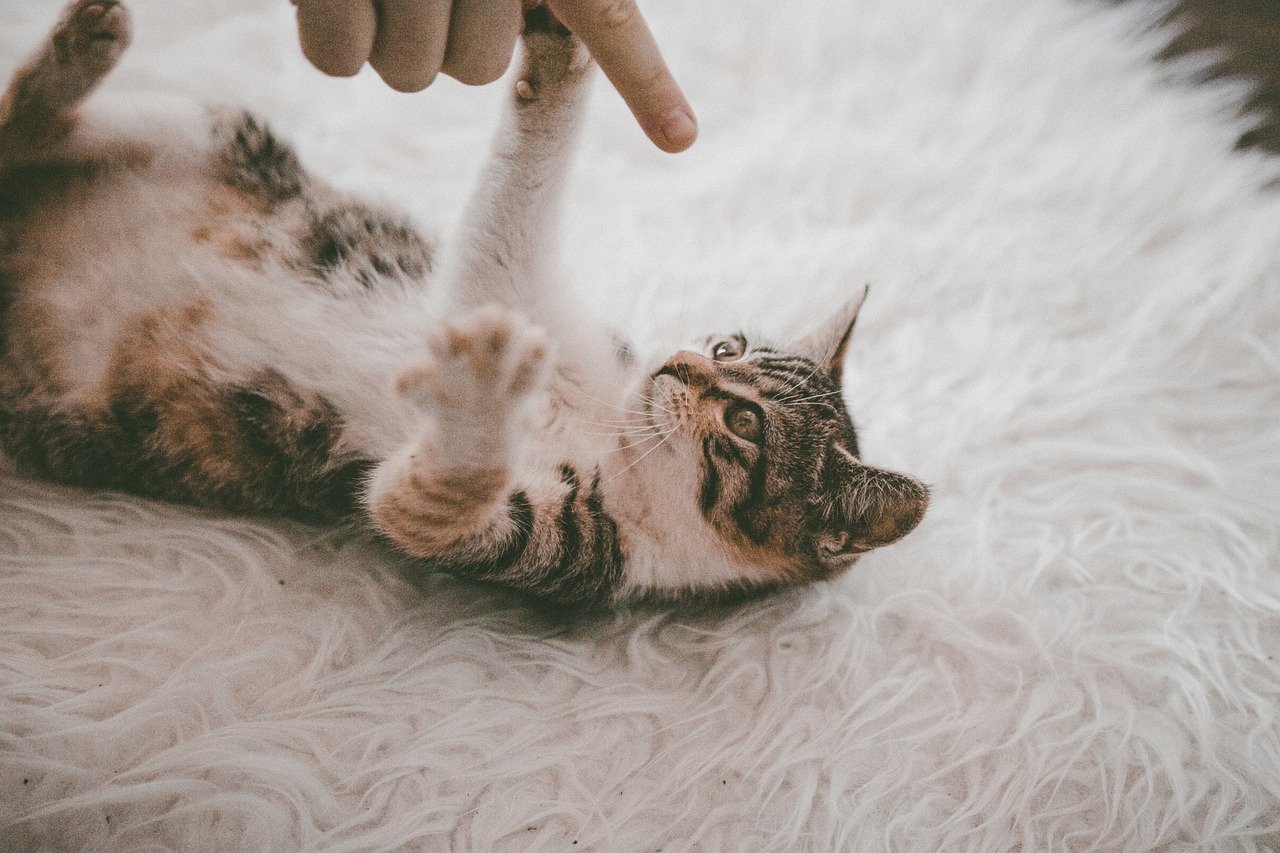
Just like people, cats need mental workouts to keep their brains sharp. Play challenges their mind, forcing them to think, plan, and solve problems. Without it, their cognitive abilities can decline. Older cats, in particular, are at risk of developing confusion or memory loss. You might notice them getting lost in familiar spaces or forgetting routines. Play is like a daily crossword puzzle for your cat—it keeps their mind youthful and engaged.
Weakened Muscles and Poor Physical Fitness
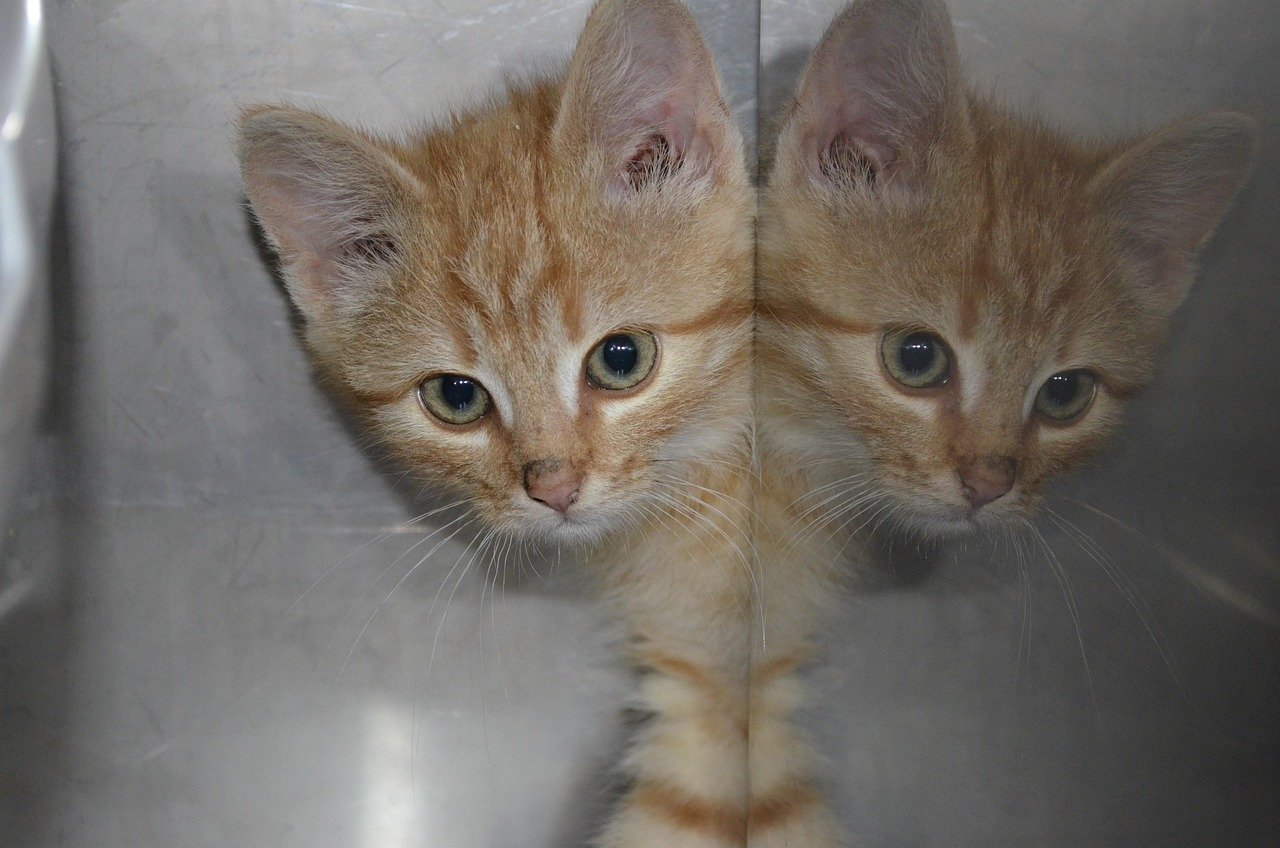
Movement isn’t just about burning calories; it keeps your cat’s muscles strong and their body agile. Without play, muscle tone fades, and joints can stiffen. Your once-graceful cat might start missing jumps or moving more slowly. Over time, this lack of exercise can make even basic movements uncomfortable. It’s a slow decline that can rob your cat of the physical grace that makes them so mesmerizing to watch.
Heightened Risk of Medical Problems

Inactive cats face a higher risk of several medical conditions. These can include diabetes, arthritis, urinary tract issues, and even certain cancers. The absence of play means less movement, which can slow down metabolism and circulation. It can also make it harder for your cat to maintain a healthy immune system. Over time, this puts them at greater risk for both chronic and acute illnesses.
Loss of Curiosity and Exploration
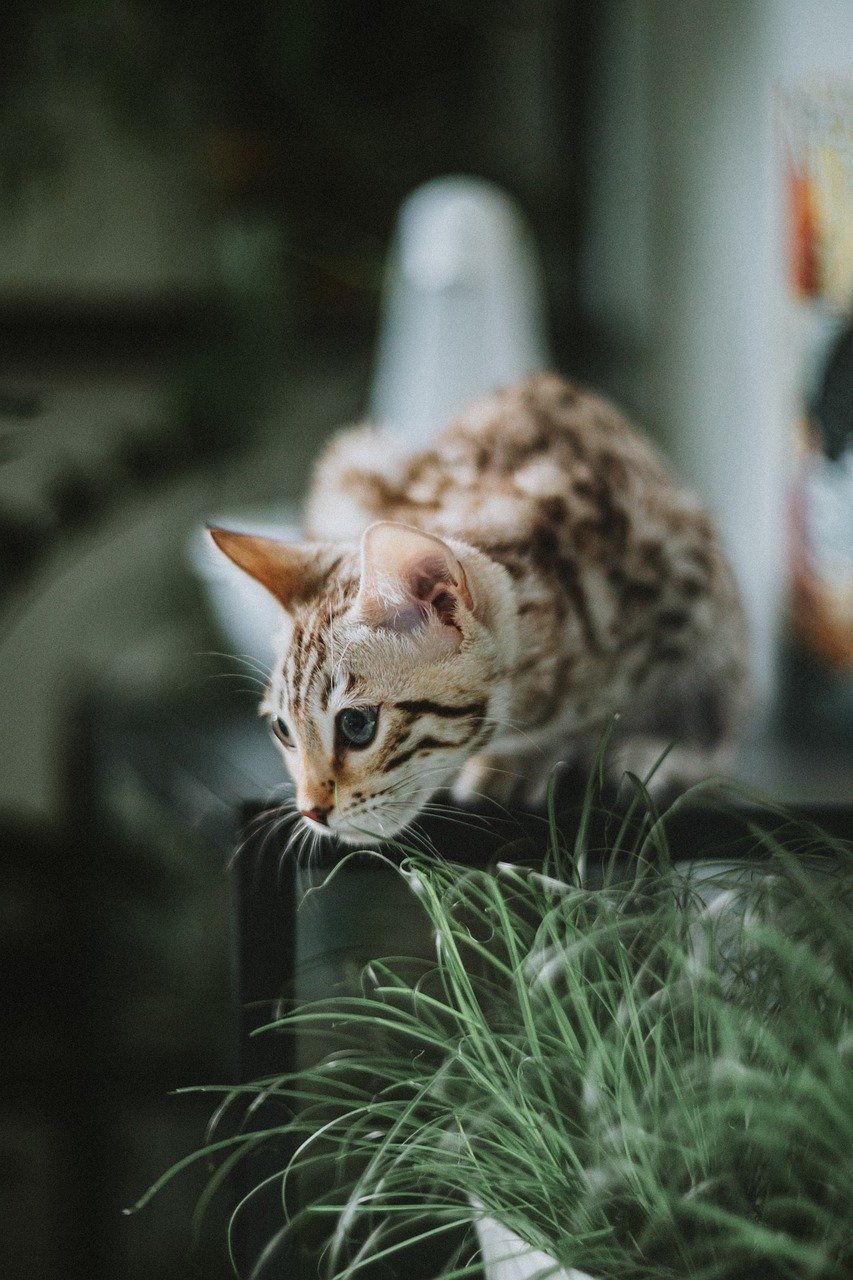
Cats are born explorers, always looking for something new to investigate. When play is missing, that curiosity can fade. The world shrinks to just a few familiar spots: the bed, the food bowl, and maybe a window ledge. You might notice your cat ignoring new toys, visitors, or changes in their environment. It’s as if their sense of wonder has been packed away, gathering dust. Rekindling that curiosity becomes harder as time goes on.
Changes in Grooming Habits

A bored or depressed cat may stop caring for themselves as they once did. You might see less grooming, resulting in a dull, matted coat or even skin problems. Sometimes, the opposite happens—your cat might start over-grooming out of boredom or anxiety, leading to bald patches or sores. Both extremes are signs that something’s missing from their daily routine, and that something is often meaningful play.
Increased Aggression or Irritability

Lack of play can turn even the sweetest cat into a grump. You might notice more hissing, swatting, or biting—especially if you try to handle them unexpectedly. This isn’t because your cat suddenly dislikes you. They’re frustrated and have no healthy outlet for their pent-up energy. Sometimes, this aggression is directed at other pets or even at their favorite human. It’s a clear signal that your cat’s emotional needs are being neglected.
Disrupted Sleep Patterns

Cats sleep a lot, but without play to help them burn off energy, their sleep patterns can become erratic. You might find your cat wide awake and yowling at midnight, or sleeping so much during the day that they seem almost unreachable. Play helps regulate their internal clock, making their sleep deeper and more restful. Without it, you both might be in for some sleepless nights.
Lowered Immune System
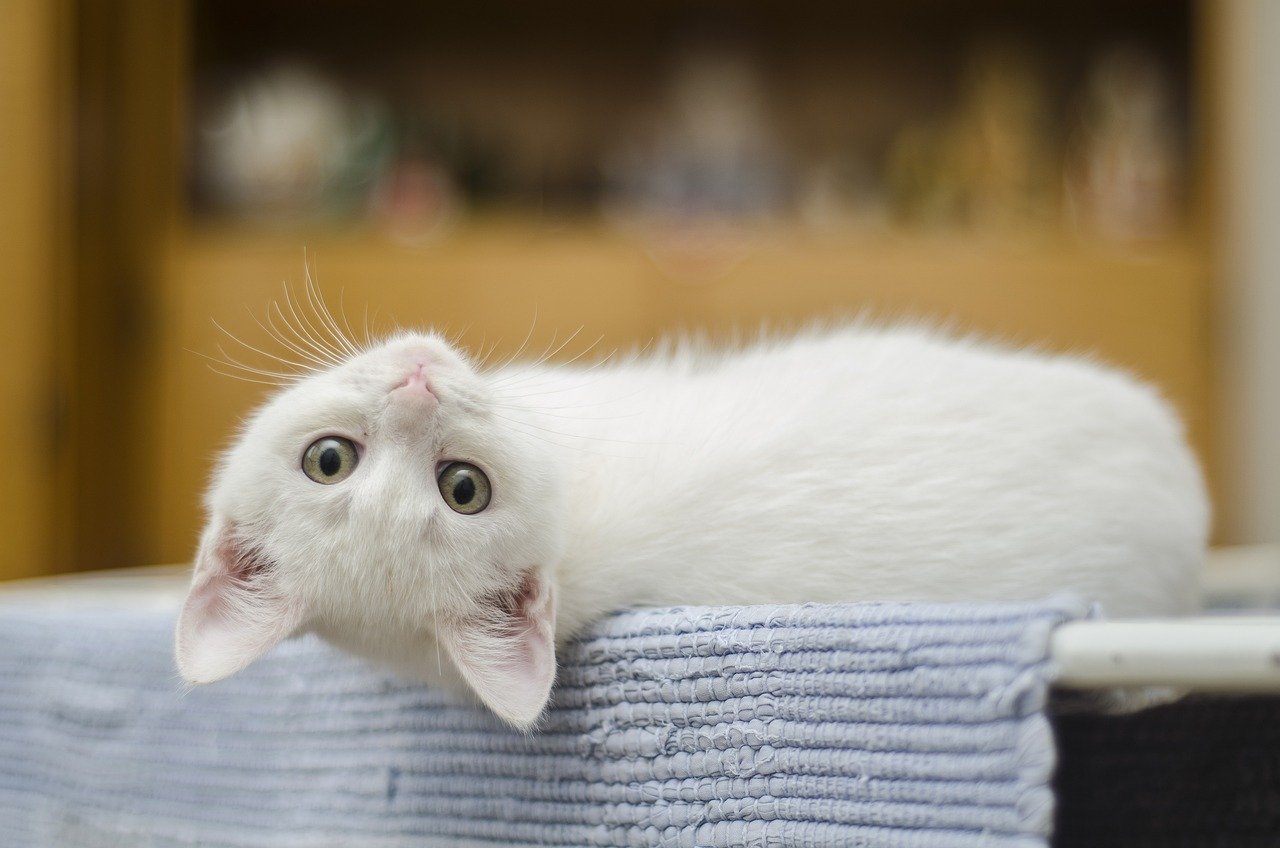
Movement and stimulation help keep your cat’s immune system strong. When play disappears, so does an important boost to their overall health. A bored, inactive cat is more likely to get sick and stay sick longer. This can mean more vet visits, more medications, and more worry for you. It’s amazing how something as simple as a daily play session can make such a difference in your cat’s resilience.
Loss of Trust and Bonding With Owner
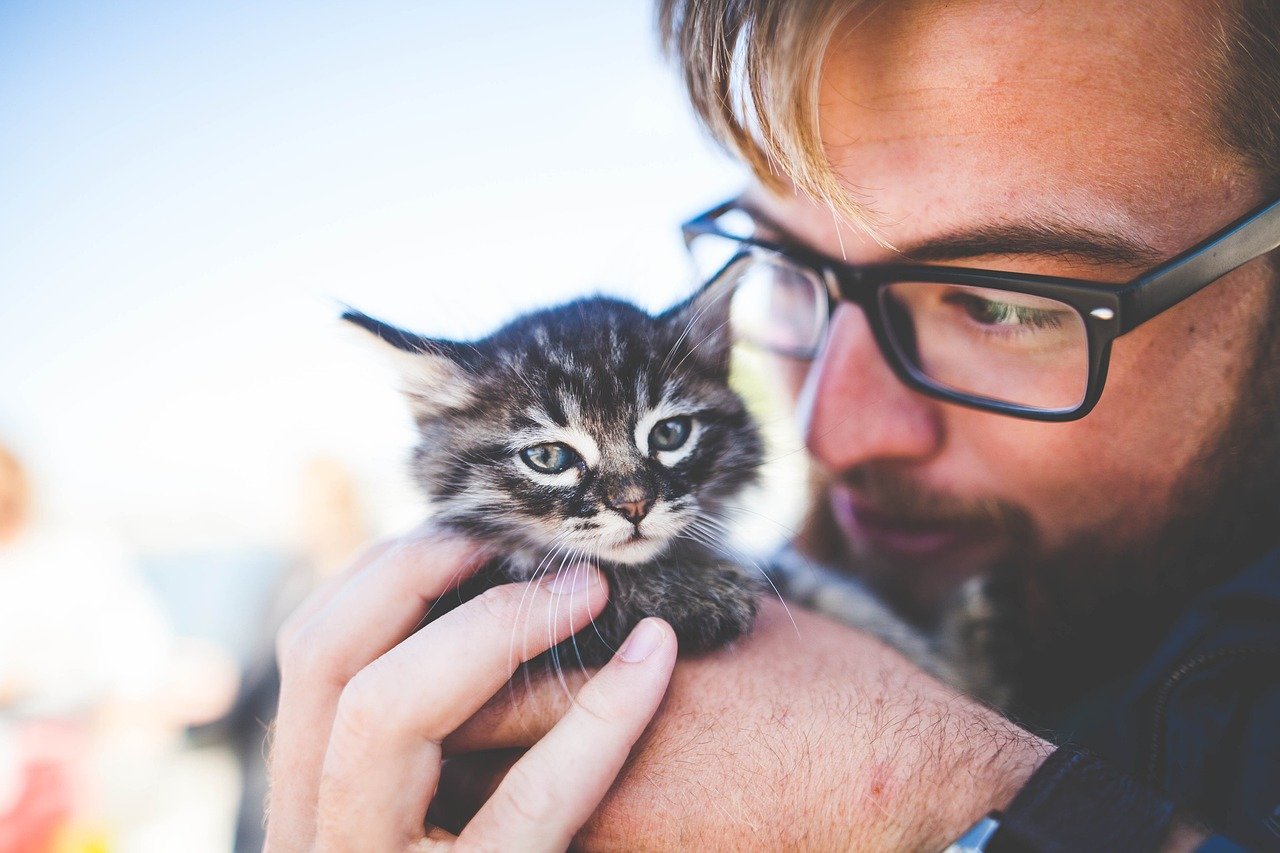
Playtime isn’t just about exercise—it’s how cats connect with us. When those moments disappear, so does a key way of building trust. Your cat may stop seeking you out or seem indifferent to your presence. Over time, this can erode the special bond you share. It’s like skipping all the little rituals that keep a friendship strong; eventually, the closeness just drifts away.
Unwanted Litter Box Issues

Believe it or not, a bored or stressed cat is more likely to develop litter box problems. They might start going outside the box as a way to express frustration or get your attention. This can be confusing and stressful for both of you. Often, these issues improve when cats get more play and interaction, showing just how closely their mental well-being is tied to their daily activities.
Missed Opportunities for Training and Socialization

Play is a natural chance to teach your cat new tricks, encourage good manners, and help them adapt to changes. Without it, cats miss out on learning opportunities. They may become less adaptable, more fearful of new experiences, or harder to train. Simple things like coming when called or accepting a new pet become much more difficult when play isn’t part of their routine.
Developing Depression: Yes, Cats Get Sad Too

It might sound surprising, but cats can experience depression—especially if their days lack excitement and engagement. Signs include changes in appetite, excessive sleeping, and a lack of interest in favorite activities. You might see your cat sitting in one spot, staring into space, or ignoring toys entirely. Just like people, cats need something to look forward to, and play is often the highlight of their day.
Stunted Emotional Growth in Kittens

For kittens, play is essential for learning how to interact with the world. It teaches boundaries, coordination, and social skills. When young cats don’t get enough play, their emotional development can stall. They may struggle with interacting with humans or other pets later in life. Play helps them learn what’s safe, what’s fun, and how to communicate—all crucial skills for a happy adult cat.
Reduced Quality of Life

At the end of the day, play is about joy. When it’s missing, your cat’s quality of life takes a hit. They miss out on the fun, excitement, and connection that makes life worth living. A cat who never plays is a cat living in shades of gray, never experiencing the full spectrum of happiness and fulfillment. Isn’t that a heartbreaking thought for anyone who loves their feline friend?
The Ripple Effect on the Whole Household

A bored, unhappy cat doesn’t just affect themselves—they can change the whole mood of your home. You might find yourself more stressed, frustrated by destructive behaviors, or worried about your cat’s health. The energy shifts, becoming heavier, less joyful. Play brings laughter, lightness, and a sense of togetherness that everyone in the house can feel. When it’s missing, everything feels a little less vibrant.
What would your cat say if they could ask for just ten minutes of playtime every day?
Hi, I’m Bola, a passionate writer and creative strategist with a knack for crafting compelling content that educates, inspires, and connects. Over the years, I’ve honed my skills across various writing fields, including content creation, copywriting, online course development, and video scriptwriting.
When I’m not at my desk, you’ll find me exploring new ideas, reading books, or brainstorming creative ways to solve challenges. I believe that words have the power to transform, and I’m here to help you leverage that power for success.
Thanks for stopping by, Keep coming to this website to checkout new articles form me. You’d always love it!


